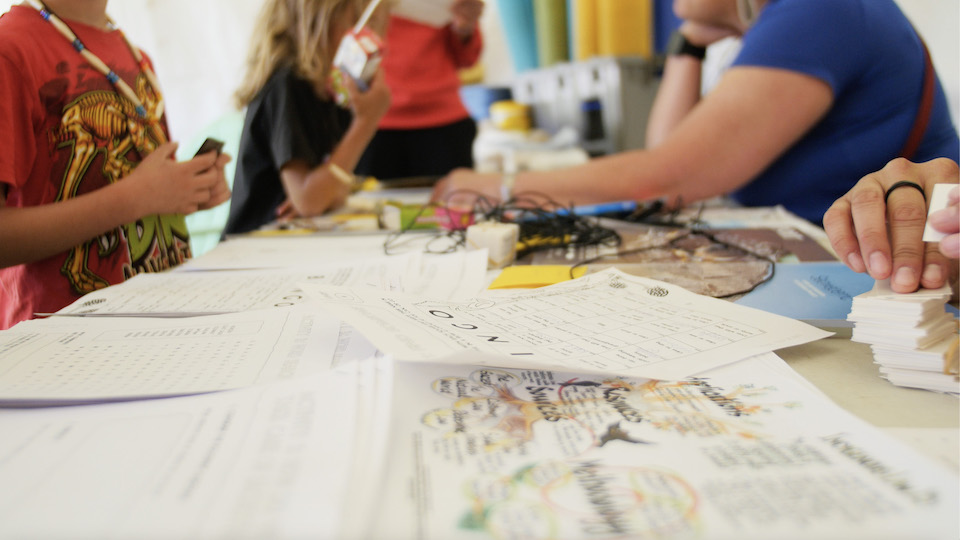Revitalizing laws and legal systems
- Ivan Watson

Law Foundation of BC provides $1.2 million grant to UVic Indigenous Law Research Unit for revitalization of laws and legal systems.
New Indigenous law workshops and educational offerings, in-person and in-community as well as online, articling positions for Indigenous law students, an immersive model of community-based Indigenous legal education and so much more will be made possible by major, multi-year funding from the Law Foundation of British Columbia.
The Indigenous Law Research Unit (ILRU) within the University of Victoria’s (UVic) Faculty of Law will use the $1.2 million in core funding ($400,000 annually over three years) to stabilize and to enhance staffing and operations and to explore dynamic new relationships with community partners, legal professionals, scholars, practitioners, and organizations in the service of their mission of rebuilding Indigenous laws and governance systems.
“The foundation of our work is relationships, and we are focussed on helping rebuild law to solve problems in a practical way,” says Acting UVic Dean of Law and ILRU founder Val Napoleon. “With this core funding, we’re thrilled to be able to build on the foundation of many years of successful partnerships and legal research and to envision an exciting path forward for our collaborative work on rebuilding Indigenous laws throughout Canada.”
In 2022, ILRU is celebrating a decade of success. Started in 2012 as a national project in partnership with the Truth & Reconciliation Commission of Canada, the Indigenous Bar Association & The Law Foundation of Ontario, ILRU has three core values: that Indigenous laws need to be taken seriously as laws; that more time and space is needed for Indigenous laws in the world; and that more respectful and symmetrical relationships across legal traditions are both possible and mutually beneficial for colonial (Canadian) and Indigenous legal traditions alike.
“We’re very proud to support ILRU’s groundbreaking work with communities to ensure that legal systems are responsive to changes in society and technology,” says Lindsay LeBlanc, Chair of the Law Foundation of BC. “Their work requires patient, careful dedication that is measured in years, not months. It needs strong and lasting financial support to succeed, and we are thankful to be invited to support them in their mission.”
Since its foundation, ILRU has completed 30+ major projects, organized 25+ workshops in community, engaged 300+ community members in projects or workshops and delivered 200+ presentations to professional bodies, academic partners and various levels of government.
Looking ahead, ILRU imagines a world where the implementation of Indigenous legal processes, structures and institutions is an established norm and at the forefront of legal work in British Columbia, Canada, and globally; and where Indigenous law informs processes of disagreement, diplomacy, civility and shapes conversation within and between societies.
Partnering with Indigenous communities
The Indigenous Law Research Unit (ILRU) is an independent research unit housed in the University of Victoria’s Faculty of Law. ILRU was founded in 2012 by Napoleon (Cree/Saulteau), emerging out of a partnership with the Truth and Reconciliation Commission of Canada. ILRU partners with and supports work by Indigenous communities, and develops practical resources to tackle the large-scale challenges facing Indigenous and non-Indigenous communities today.
ILRU’s resources have been used to guide curriculum development, support claims in Canadian courts, and inform policy, processes, laws, and practices addressing social and environmental issues. ILRU deepens engagement with Indigenous laws by developing educational resources and facilitating workshops, training, and broader conversations on critical Indigenous legal issues that are inclusive of Indigenous feminisms.
Since its inception, ILRU’s work has spanned a wide range of legal issues across many Indigenous legal orders, including social issues (harms/injuries, gender, equality, human rights, children and families, housing, and violence/vulnerability); environmental issues (land, water, and non-human life and relations); political issues (governance, institution-building, inter-community/inter-societal relations, citizenship, dispute resolution, legitimacy and accountability); and economic issues (intellectual property).
About the Law Foundation
The Law Foundation of British Columbia (the Foundation) is an independent non-profit foundation established in 1969 under the Legal Profession Act. The Foundation receives the interest on funds held in lawyers’ pooled trust accounts maintained in the banks and credit unions of the province. The Foundation in turn distributes these funds by way of grants.
The Legal Profession Act directs the Law Foundation to distribute these funds in five areas, for the benefit of people in British Columbia: legal education, legal research, legal aid, law reform, and law libraries.

